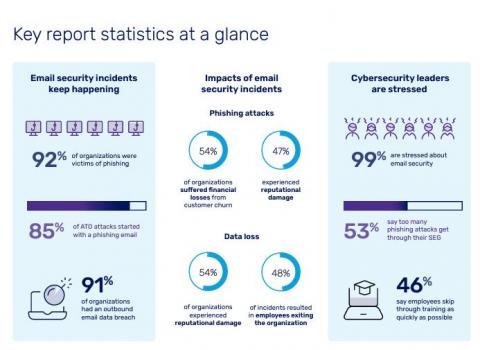Russian Ransomware Cybercriminal Behind $200 Million in Damages is Sanctioned by the U.S. Government
The U.S. Department of the Treasury’s Office of Foreign Assets Control (OFAC) has identified and designated Mikhail Matveev for his role in ransomware attacks back 2021. When the U.S. sanctions a country, a business, or a group, the intent is to A) confiscate any and all property owned by the designee within the U.S. or in the possession of a U.S. person, and B) add the designee to the Specially Designated Nationals and Blocked Persons (SDN) List.



